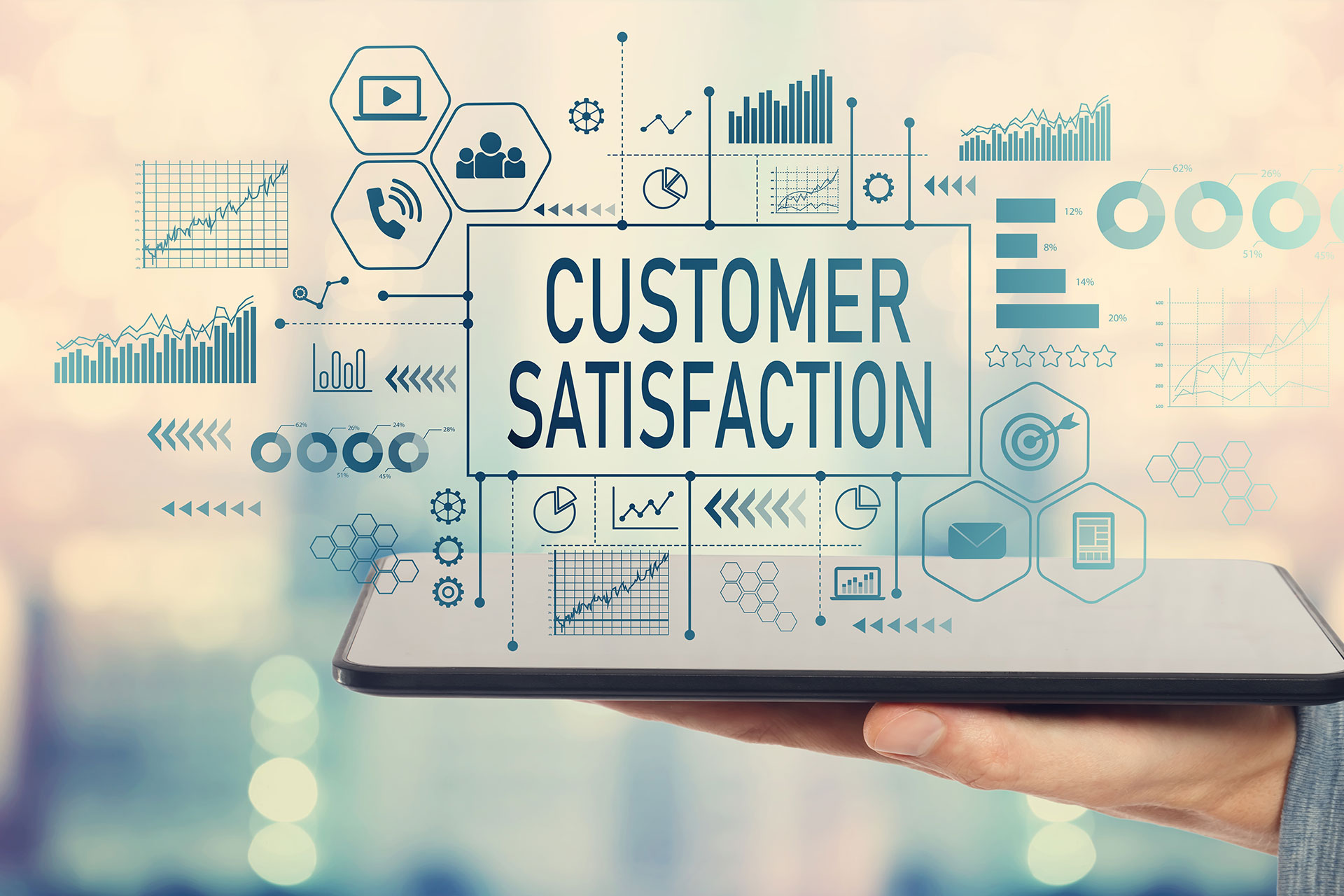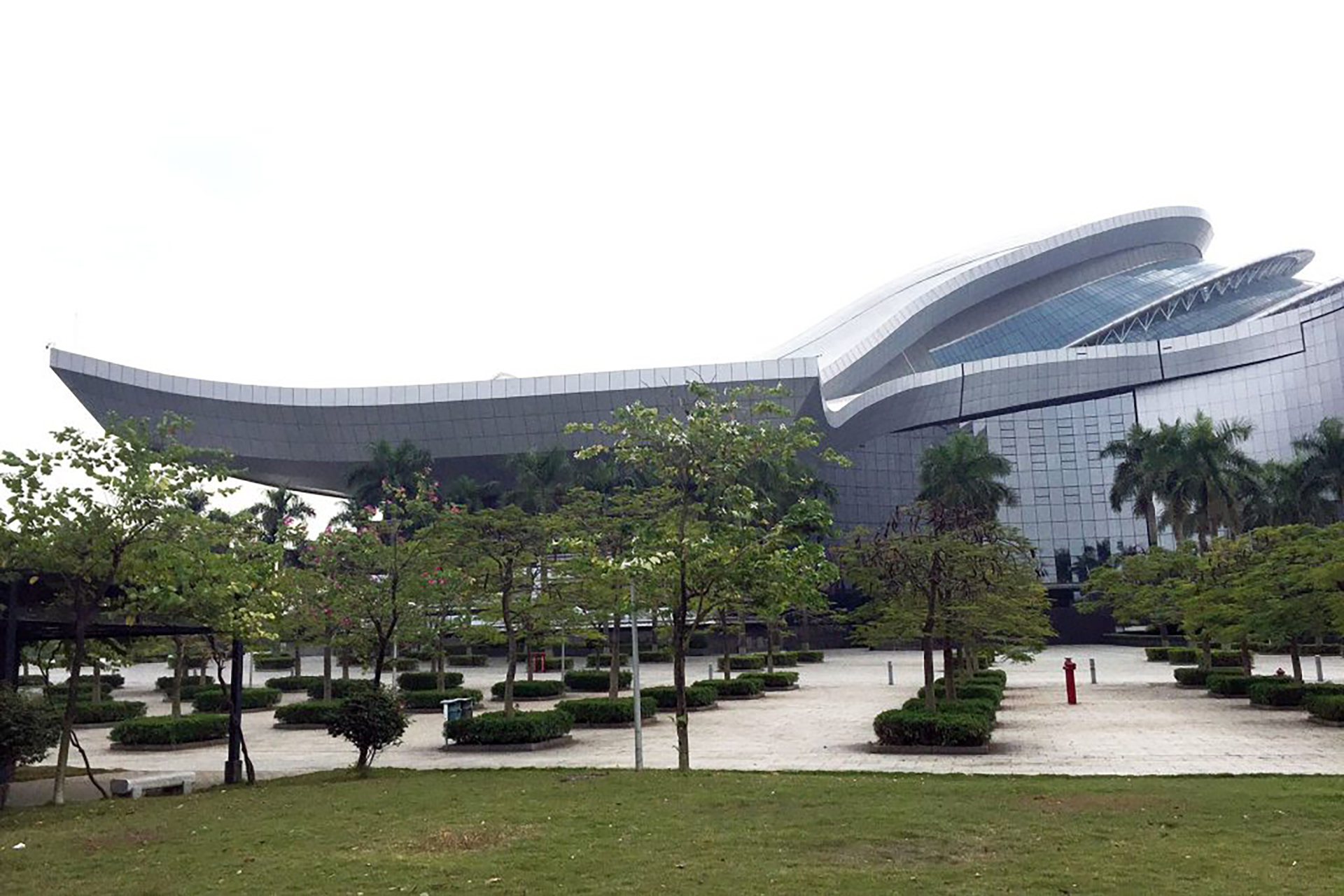Why Cyber Security Is So Important?

Wishful Living Part 1 – Hollow Village in Dali
June 9, 2019
Time Travel in Our Dreams
November 13, 2022SolarWinds hack prompts up to $25 million new expenses. Microsoft Corp President Brad Smith even said that SolarWinds hack was "the largest and most sophisticated attack the world has ever seen."
Numerous hackers secretly sneak into computers, network servers, software applications of businesses, government agencies, and daily users. Data is massively stolen, damaged, and misused by hackers, criminals, and illegal businesses. They also attack IoT products, monitor the target families' activities 24/7, follow those families' members around, sell their personal data to illegal businesses, and threaten those families with deaths if the members of those target families don't agree to do what those hackers ask them to do. Moreover, the hackers create fake ads, send them to the target users' computers, and fully control the target users' computers. The fake ads are normally pop-up windows that suddenly appear on the target users' computer screens, and the fake ads ask the targets to pay them at least a few hundred U.S. dollars before the victims can access their computers again.
SolarWinds' case shook millions and millions of people, businesses, and government agencies. It is a hacking campaign that used a U.S. tech company as a springboard to compromise a raft of U.S. government agencies. The operation, which was identified in December and that the U.S. government has said was likely conducted by Russia, breached software made by SolarWinds Corp, giving hackers access to thousands of companies and government offices that used its products. The hackers got access to emails at the U.S. Treasury, Justice and Commerce departments, and other agencies.
5 reasons why cybersecurity is so important
1. Cyberattack happens to everyone globally 24/7
No kidding! Yes! Your computer, my computer, his/her computers, and everyone's computer are under cyber attack every 39 seconds on average. Once an attack happens, millions of people are harmed. Government-run organizations can be shut down, businesses cannot provide any services, and individuals face credit cards and private info is misused.
A case point is that Cathay Pacific faulted for the data breach. It is aviation's largest known data breach, with 9.4 million Cathay Pacific passengers impacted. The breach involved private user information, including phone numbers, dates of birth, frequent flier membership numbers, and passport and government ID numbers, as well as information on passengers' past travels. As Asia's economy might have grown over the last half-century, Cathay has become a major carrier in the region and known globally for its customer service. But the security breach has come at a tough time for the company, which counts the state-backed carrier Air China as a major shareholder.
2. Damages on businesses and loss of jobs
There has been a flux of hacks and breaches of well-known brand companies in recent years. It is causing millions of dollars to recover the data and penalities paid through fines. All the expenses will cause not just the C-level executives to lose their jobs but associates can lose their positions due to the company's re-structure and cutting costs.
A study was built on 5,878 interviews with businesses of varying sizes from 29 countries around the world. Taking global breaches into account, 31% have led to employees losing their jobs. However, in North America, 32% of breaches led to a C-level leader, manager, or president losing their job, the report said.
The layoffs weren't just directed toward IT employees. In 29% of SMBs and 27% of large enterprises, senior, non-IT employees were laid off as well, the report noted.
3. The fast changes in technology will cause an explosion of cyber attack
As the 5G network will be globally adopted and applied, the hackers can attack any servers, services, personal computers, IoT products, automotive systems, air traffic control, and government agencies at light speed.
Better technology can automate cyberattacks.
The arrival of modern technologies such as IoT exponentially increases the number of connected devices to the extent, so that there will be around 200 billion connected devices by the end of 2020. Cyberwarriors are more knowledgeable while hackers apply artificial intelligence and machine learning to trigger automated cyberattacks which can easily compromise secure systems without any human interventions.
More use cloud computing
Cloud computing technology is very advanced and mature nowadays, hackers can still breach the newly opened door. A good example is Wyze Labs announced in late 2019 that data on 2.4 million users of its smart home security camera had been stolen. It is a hacked result of an employee essentially leave the database door unlocked. The GAO Finds Cybersecurity Risks as Agencies Increase Cloud Use. Federal agencies are increasingly using cloud computing services and the Office of Management of Budget (OMB) requires them to use the Federal Risk and Authorization Management Program (FedRAMP) to authorize use.
4. Cybersecurity threats faced by individuals
Not only nations and businesses are being attacked by hackers, but individuals face more threats as well. Identify theft is always a huge problem. Hackers steal personal information and sell it for profit. Moreover, they send fake ads and blackmails to the target victims' computers and demand a random amount of money after they steal the victims' personal information. Hackers also attack household cameras and invade those families' privacy. This causes major concerns and issues because hackers can speak to the individuals in the house and demand ransom money.
5. Cyber concerns may result in increased regulations and legislation
With cyberattacks increasing new laws can help to protect more consumers from privacy invasions and potential attacks. This would mean increasing regulations and legislation may become a reality soon. Harsher penalties will be placed on perpetrators of the attack. Citizens need to be aware of laws passed and their businesses comply with laws.




1 Comment
You made some good points there. I looked on the internet for the issue and found most individuals will agree with your site.